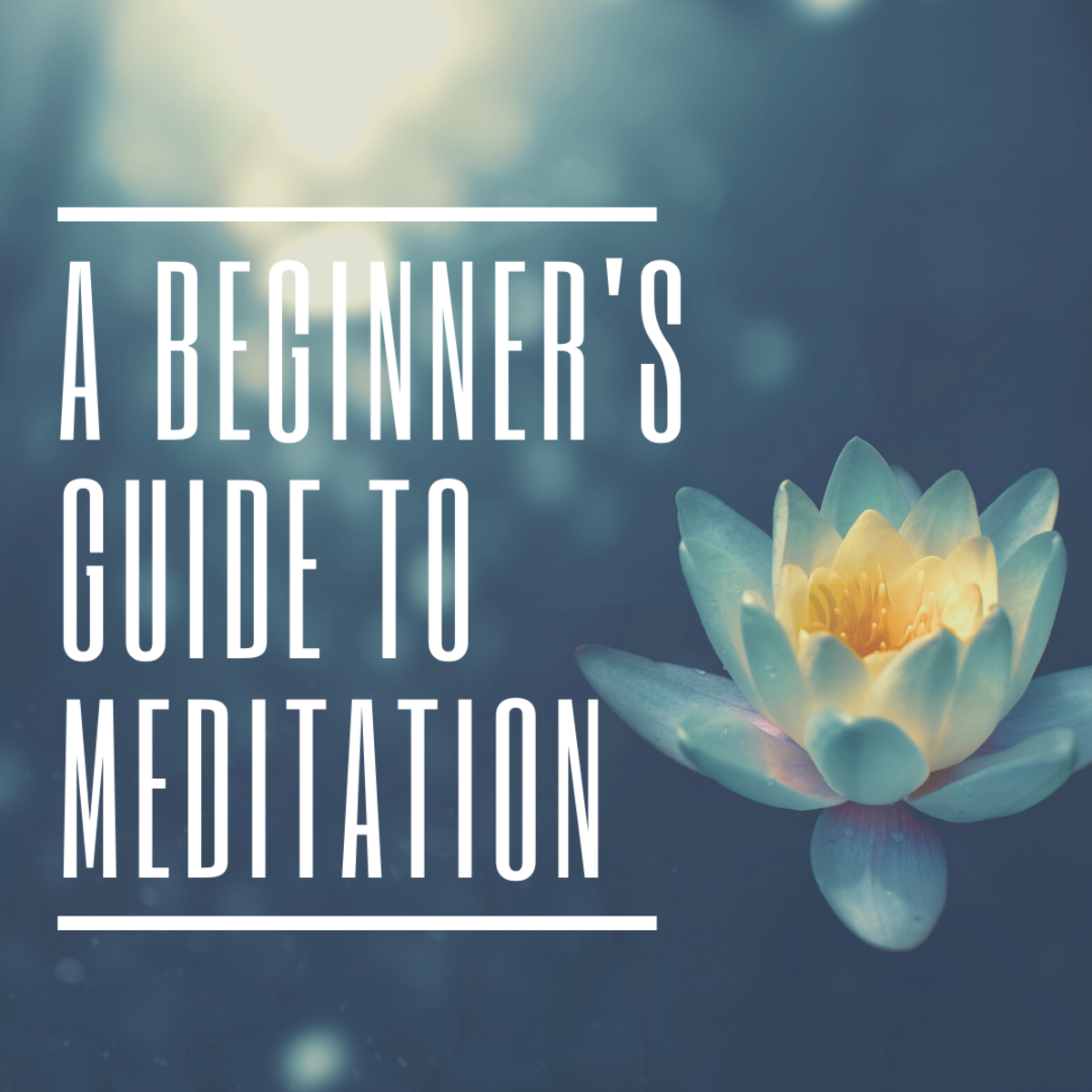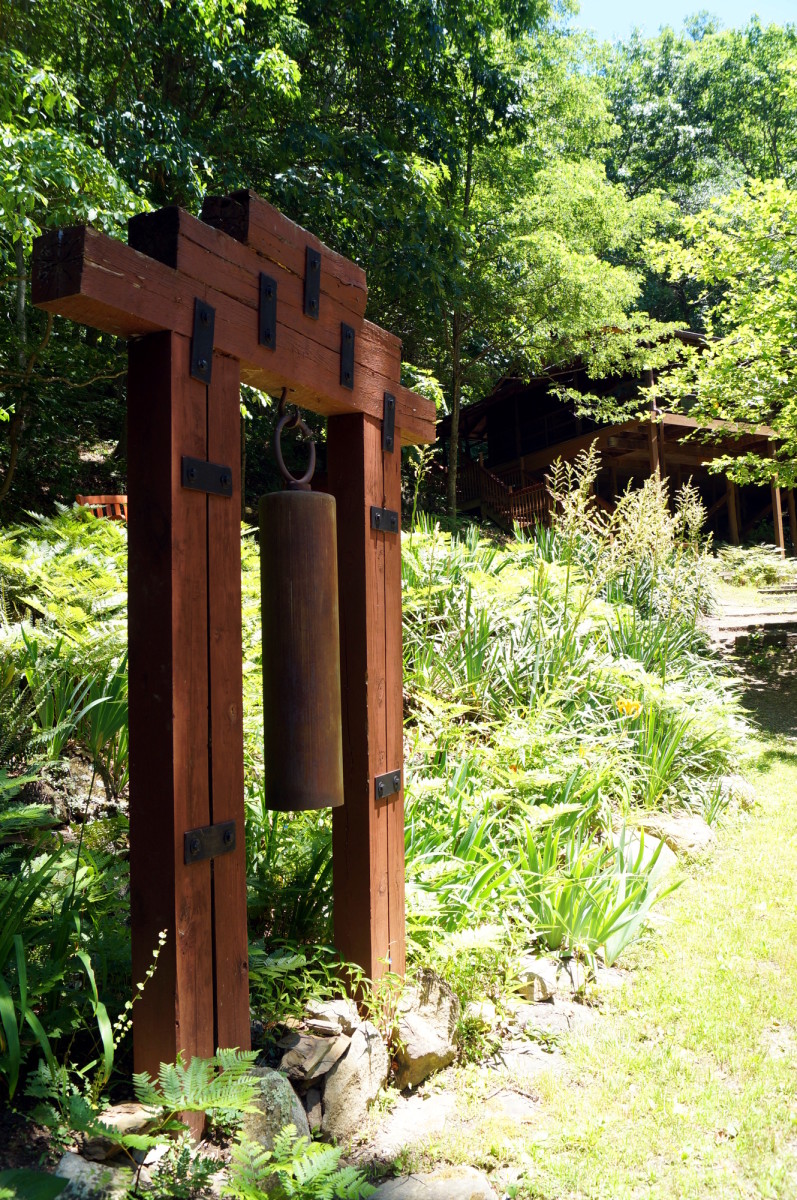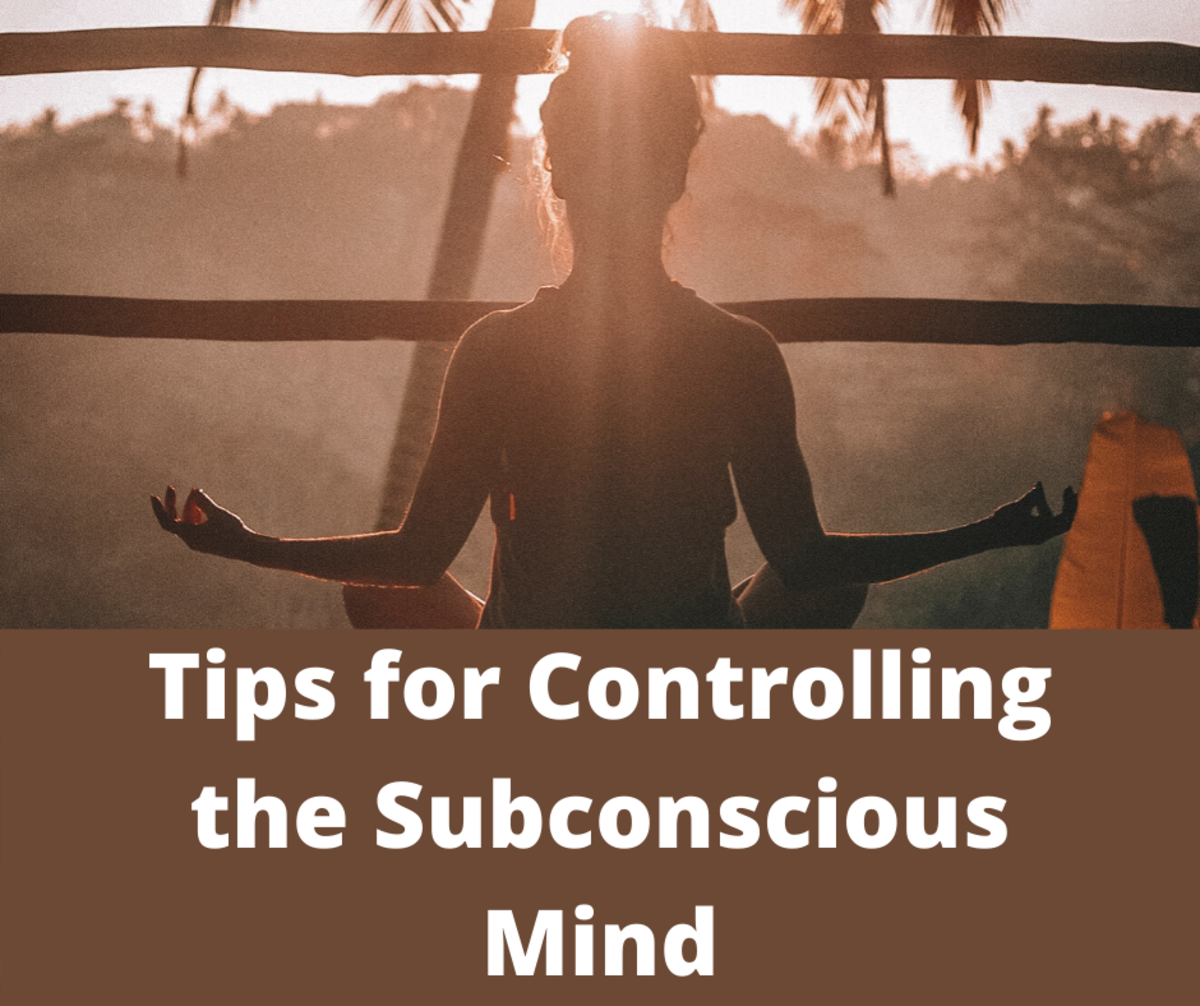How to do Meditation for Beginners (with Meditation Techniques and Tips)
Introduction: How to meditate (for beginners)
The reasons are wide-spread why people start to meditate. In any case, it has proven to have extremely many benefits and it has brought improvement in many people's lifes.
In this article, you will first read about some preparations before you actually start meditating and afterwards, some advice on how you should meditate. In the end, there are further tips and links to more meditation articles. Don't forget that there are many, many different types of meditation! This article should act as a first starting point in a completely unexpected journey in your life!
The article is mainly for unexperienced people in meditation, but advanced meditators might find some inspiration or ideas for refinement.
Relaxation techniques for meditation
Before you start to meditate you can do the following to get prepared:
- Stretch! It is always recommendable to stretch yourself. This also allows you to sit more comfortably, to enhance blood flow and the actual relaxation becomes easier.
- Do some concentrated deep breaths. During meditation, you don't have to breathe deeply all the time, but it is good to breathe in and out deeply before.
- You can stare at a point for about 5 minutes. This seemingly pointless activity does make your mind calmer and you won't be so distracted at the beginning when you start to meditate. It is beneficial to get used to simply focusing on one thing or point.
Music helps to get calmer (here we have a nature sound track, but there are also other sounds which can be used)
How to meditate
Make yourself comfortable first. You can sit on your bed, a cushion or something else comfortable.
I recommend you to cross your legs (as you might know it from some movies, where these zen masters are sitting cross-legged). Place the back of your hands on your knees, the index fingers are touching the thumbs. Instead of putting the back of your hand on your knees, you can also put your palm, so that the touching fingers are pointing towards the ground.
Another alternative is simply lying. The hands can either be on your stomach or lying on the bed. I personally would recommend the first position, because you are automatically in a more altert and active position. But changing your position from time to time is good too.
Your breathing should be regular and controlled. You don't have to breathe extremely deeply. Breathe calmly and regularly.
During meditation there are several things you can focus on. You can focus on your breathing, for example. For beginners, I do recommend focusing on your breath. But you can also focus on a word. The word can have a meaning like "love" or "I am happy", but also something that means nothing (at first). Such words are "Om", "Yam", "Vam" etc. but these are more used in chakra meditation and also have other effects.
During your meditation, you should have in mind to simply "fall". This time is only for you and there is nothing that should disturb you - just "fall".
But! you will notice that many, many thoughts will pop up at the beginning. This is normal and I experienced this myself too! Simply return smoothly to your meditation. This will happen often, especially at the beginning. But after every session, you will become calmer and calmer and it will be a lot easier to return to meditation.
This, you should do the whole session long. But how long?
How long should I meditate as a beginner?
1 hour long meditation sessions, doesn't it sound great? As a beginner, you should be less ambitious than that.
You first have to get used to sitting on the same spot for a longer period of time. Start low as a beginner. Start small and meditate for 5 minutes. And then, after a few times, you can increase the time span and meditate for 8 minutes. And then 10, 15, 20 minutes etc.
Further advice for a successful mediation
- You have to be alert. Don't drink alcohol before you meditate!
- A full stomach is often a disturbing factor, because your body has to digest your food. But this does not have to be true for everyone.
- Make your environment comfortable.
- Don't expect some benefits right from the beginning. Meditation has long-term benefits, but you will notice benefits already at the beginning. Simply, don't be disappointed right from the beginning.
- Keep a daily routine! This can be to meditate several times a day or once a day - whatever!
- For some people it is also good to meditate in the morning, because it is often calm and your mind isn't so full of thoughts yet.
- Set your alarm clock. Looking too often on the clock in order to know when the session is over is just too distracting. Preferably, the alarm should be a calm sound or vibrating
In order to train silencing your mind, you can focus on a point, for example, on the point of your pencil or index finger. Do this for 5 minutes and try to have as few thoughts as possible.
Another technique to train your focusing is to look at a candle for a while. Then, close your eyes and the clearer you see it with closed eyes the better. This concentration technique is also done for other types of meditation, but these are discussed in other articles.
Divine Meditation Music (10 minutes)
I hope this article on how to meditate as a beginner was helpful to you! Please participate in the open poll and leave a comment. You can leave comments as a guest user. I am looking forward to any improvements, critiques, endorsements and thoughts!
There are many, many more advanced meditations! This was just the beginning and if you like to read more and also how brainwave meditation (or brainwave entrainment) can be used as a other meditations then click on a link below!
How to meditate as a beginner
Did you enjoy this article or was it not so good?
© 2013 Slaven Cvijetic








